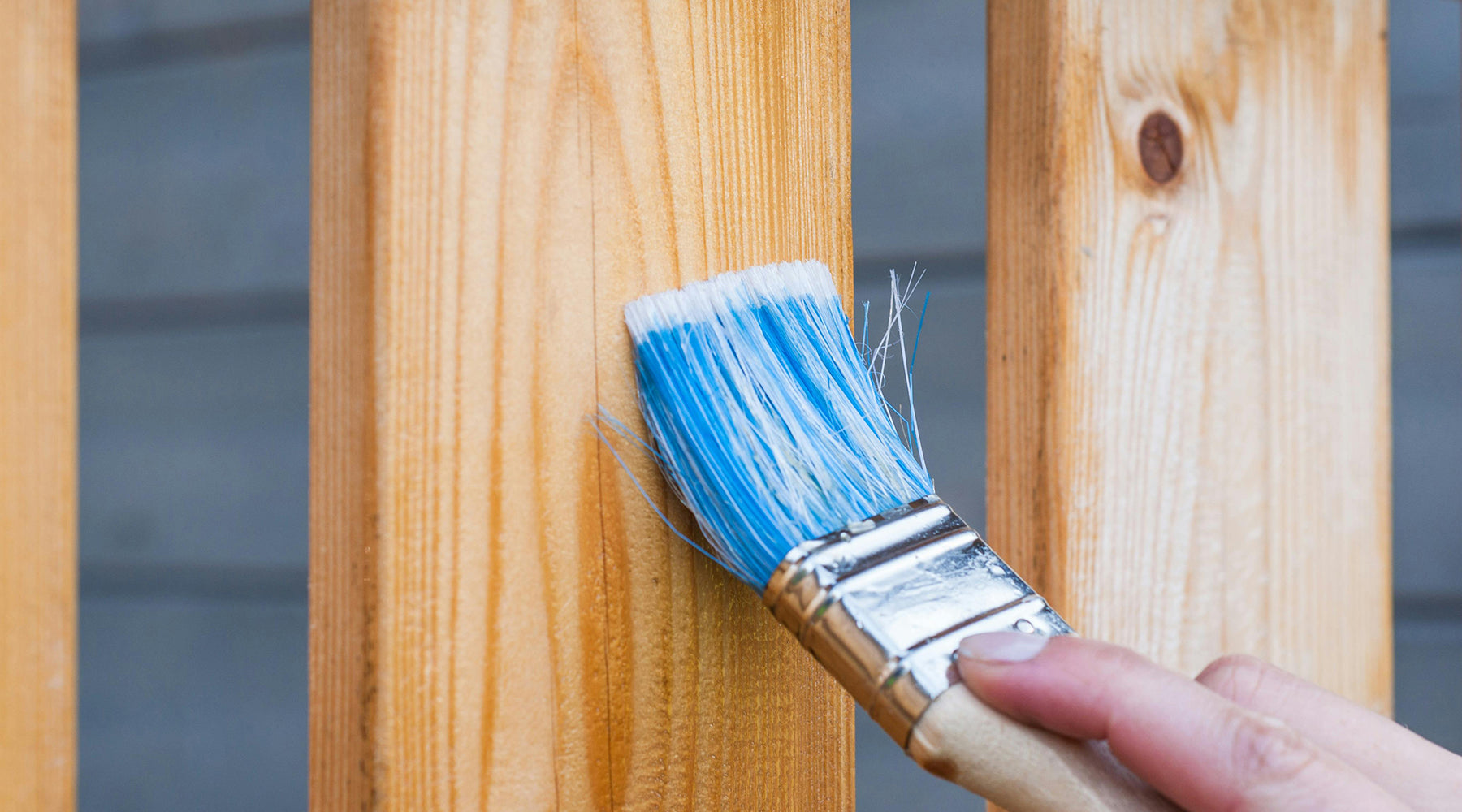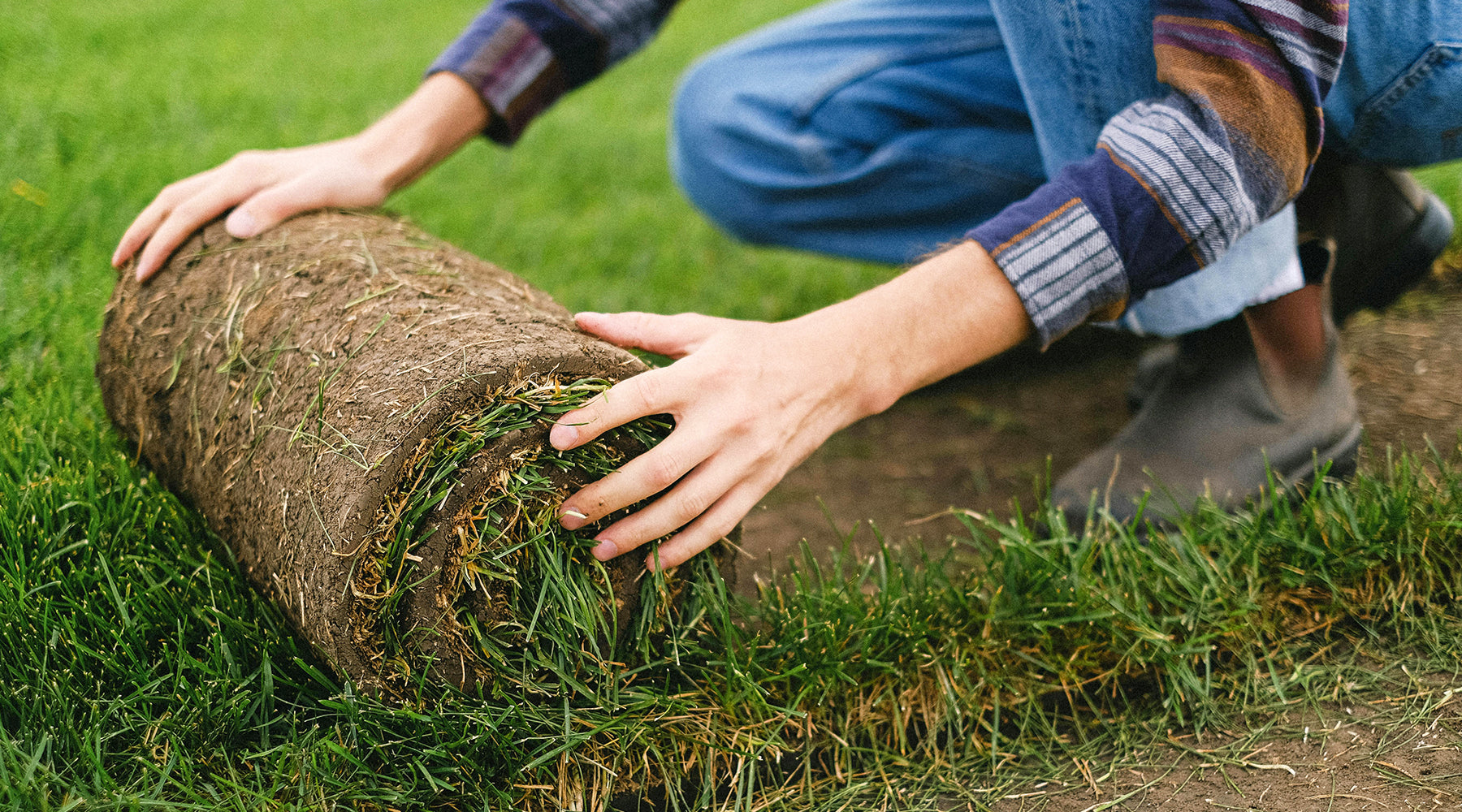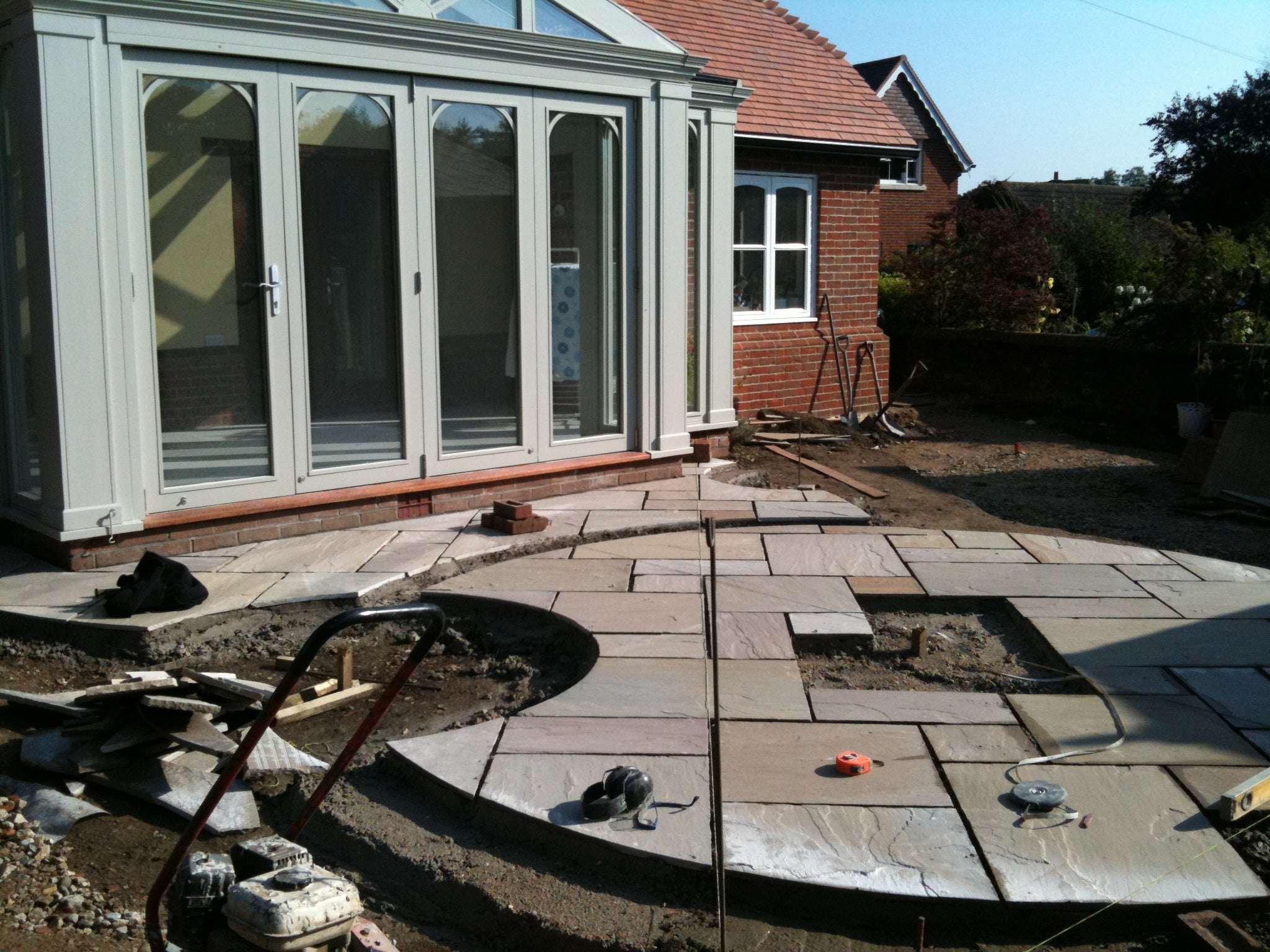
Winter garden maintenance tips
All those fair-weather gardeners are missing a great opportunity. The most productive gardeners and DIY-ers are using the time when (most of) their plants are having a rest to get into some serious garden projects. Let’s bust some myths about what you can do in your garden in the winter!
Could I dig a pond in the winter? Yes!
Winter is a great time to create a new pond or water feature, especially a wildlife pond as it will have time to settle before the breeding season for many species starts in the spring. Without all the summer foliage, you’ll be able to see where to dig. Plus all the muddy edges will have greened up by the time you want to use the garden again in the warmer weather. We hate to say it there will also be more rain in winter to help fill your new pond up naturally!
Of course, digging water-logged or frozen soil by hand isn’t fun so it could be a great excuse to hire a mini-digger (which also gets the job done more quickly in shorter daylight hours!).
You wouldn’t lay a patio in winter? Yes, we would!
Laying a patio or any paving is best done when you don’t want to walk on it for a while, which is usually during the colder months. As your garden will also have less over-hanging plant material around, it can also mean that it’s easier to see where paths or patios need to go.
A few words of caution: keep an eye on the weather forecast, especially if you are using a cement or mortar mix. Concrete mixes won’t go off (harden) properly if the weather is lower than about 5’C (41’F) so either plan to do the work when the weather warm enough or cover the area with an old, thick carpet or similar to provide some frost protection. If heavy rain is forecast, protect your work with a groundsheet to give it a chance to set before it gets washed away.
(Find our article on how to lay patio slabs here.)
It's too cold to lay turf in winter, right? Wrong!
Winter as actually a really good time to lay turf. It allows the grass to establish its root systems before the warmer weather arrives, when you’ll want to walk on it. It will grow more slowly, meaning you’re less likely to need to disturb it by mowing. Weeds also tend to grow less in winter, giving the new lawn less competition. As long as the soil is not actually frozen or water-logged, you may get better results laying turf in cooler weather than at other times of year.
(Find our article on how to lay a lawn here.)
What about building or repairing fences and other structures? Do it!
Once again, winter is a good time to put up, repair or repaint fence posts, panels and other garden structures. In most part, again, it’s because they are less likely to have plants growing over them so it makes the job simpler. It’s likely that you can see any problems better and get to them to treat or paint them when they are plant-free.
The words of caution above may still apply, of course. If you have to dig new post holes, choose your equipment wisely and, if you’re cementing anything in, check the forecast to ensure it will go off properly. But, otherwise, there is nothing to stop you.
You can plant things in winter, too? Yes!
It’s not just turf that can thrive when planted in winter, there are many other plants that prefer being moved when they are dormant. Hedging – whether bare-rooted or potted – can establish well in cooler months; fruit bushes, like bare-root raspberry canes, will prefer it; and bare-root roses can be planted right up to around March (depending on the weather) and do well on it. And that’s before we even mention winter bedding plants or bulbs! So don’t think that you have to live with a ‘barren’ garden over the winter, there is much that can be planted to help fill it up.
Too many of us close the back door on our gardens when the weather turns colder, only to think about them again in the spring, when suddenly there is too much to do. We hope we’ve convinced you that winter is a good time for gardening!


